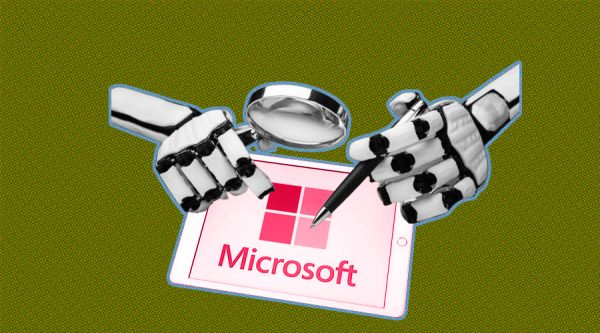With the use of a plug-in, Suno can now take user-inputted directions, such as “Write a pop song about adventures with your family,” and turn them into finished songs. According to a blog post published by Microsoft on Tuesday, December 19, the produced songs feature singing voices, instrumentals, and lyrics.
Users of Copilot can visit Copilot.Microsoft.com, log in with their Microsoft account, and enable the Suno plug-in to use the Suno integration. As an alternative, people can click the “Make music with Suno” labeled on the Suno logo.
The tunes produced by AI can be shared by users on their social media profiles.
Microsoft stated, “With this partnership, people will have at their fingertips the ability to create fun, clever, and personalized songs with a simple prompt, regardless of musical background.”
“We think that this collaboration will foster creativity and fun in new ways, enabling anyone to create music.”
Suno keeps all rights to music made by free users and forbids them from making money off of it on websites like YouTube or Spotify. However, The Verge notes that it gives paid subscribers commercial rights.
Microsoft is in charge of Muzic, a vast research project devoted to AI music. The Deep and Reinforcement Learning Group of Microsoft Research Asia (MSR Asia), a research center with locations in Beijing and Shanghai, is responsible for this project, which was started in 2019.
MSR Asia, which was founded in 1998 and is referred to as a “world-class research lab,” focuses on basic and applied research that is in line with Microsoft’s long-term strategy and future computing vision.
Muzic’s main goal is to investigate AI-powered developments in several areas of music, including composition, lyric-to-melody generation, text-to-music generation, and lyric-to-text creation. Muzic is described by Microsoft as a “project on AI music that empowers deep learning and artificial intelligence with music understanding and generation.”
One of Muzic’s noteworthy accomplishments is the creation of DeepRapper, an AI-powered “rap generator.” The group has also experimented with singing voice synthesis, simulating human vocals with AI. Another noteworthy invention is the AI-powered text-to-symbolic music generator MuseCoCo, short for “Music Composition Copilot.” Based on written cues, MuseCoCo creates “symbolic music” (MIDI format, excluding audio).
Copilot and Suno’s partnership is indicative of the growing trend of tech companies and startups investing in GenAI-powered music creation technology. Notably, Dream Track, a restricted-access tool for AI music, and Lyria, a GenAI model for music, were unveiled by Google’s DeepMind and YouTube.
In addition, Meta has demonstrated its trials with AI music generation by introducing MusicGen, a text-to-music generator that was trained on 20,000 hours of licensed music, according to Facebook’s parent company.
Though interest in AI-generated music is growing, moral and legal issues still exist. When AI algorithms learn from pre-existing music, some musicians express unease, particularly when there is no payment or agreement.
Unlike several other GenAI music applications, Suno’s website does not provide the sources of its AI training data. According to TechCrunch, despite its claims to prohibit certain prompts, users are still able to submit requests such as “in the style of [artist].”
Suno asserts that its models are unable to identify the names of artists and that it makes an effort to suppress specific cues. Additionally, the platform says it prevents users from adding song lyrics to create covers of already-written songs.









